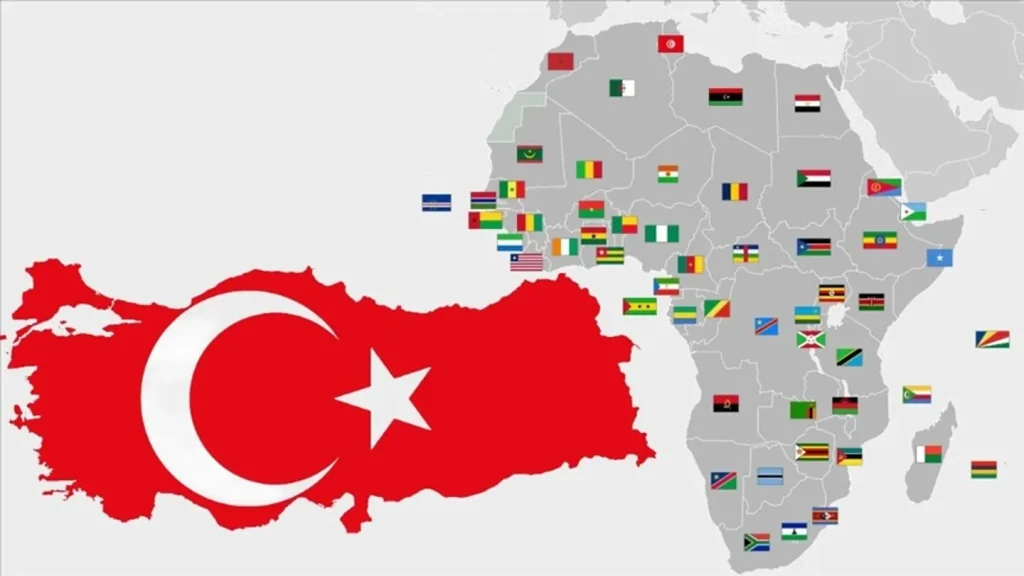An analytical report published by the English-speaking Turkish network TRT Afrika has examined Turkey’s role in contributing to the stability of Libya’s fragmented political and security structure, explaining that post-2011 Libya has remained among the region’s most fragile states due to internal divisions and multiple foreign interventions.
The report argues that weak state capabilities and the dominance of armed formations on the ground, alongside competition among international actors, have led to the repeated disruption of a path to lasting peace. Meanwhile, the country—by virtue of its energy resources and geostrategic location—stands at the heart of a regional and international competition for influence.
The analysis indicates that the political track led by UN envoy Hanna Tetteh has not led to a clear consensus on the timeline and mechanisms for holding elections. Although the new UN roadmap envisions a vote within 12 to 18 months, the report highlights the fragility of this goal on the ground: issues of the constitutional framework, candidate eligibility, and security guarantees remain hostage to the balance of power among militias and foreign spheres of influence. Elections are a necessary step toward stability, but they are not sufficient on their own to produce a sustainable solution.
The report documents Turkish mediation last May to halt clashes in Tripoli between militants loyal to the Dbeibeh government and the “Special Deterrence Force,” which revealed the fragility of the capital’s security architecture. It asserts that easing tensions through external mediation remains insufficient without two structural paths: a sustainable strategy to integrate armed formations into state institutions, or a serious disarmament process. Without them, the temporary ceasefire will remain fragile and dependent on circumstantial mediations.
The report describes Libya as home to Africa’s largest proven oil reserves, making it a crucial player in energy geopolitics. Within this context, Turkey has opportunities for cooperation and competitive dynamics simultaneously: resource exploration, contributing to the security of Europe’s supplies, and supporting reconstruction.
The report presents a “multi-dimensional” Turkish policy based on three pillars: security (de-escalation), hydrocarbons (energy), and facilitative diplomacy (mediation and communication). It highlights Ankara’s parallel engagement with both eastern and western Libya as part of a commitment to reducing polarization and supporting comprehensive stability, with a focus—according to the network—that is not limited to narrow, immediate interests but is directed toward protecting legitimate institutions and facilitating peace in the longer term.
The report concludes that Turkey’s role has helped manage immediate tensions, but transforming “de-escalation” into sustainable stability requires addressing the root dilemma of weapons and institutional integration. Otherwise, the security and political landscape will remain hostage to armed balances of power and temporary mediations.
